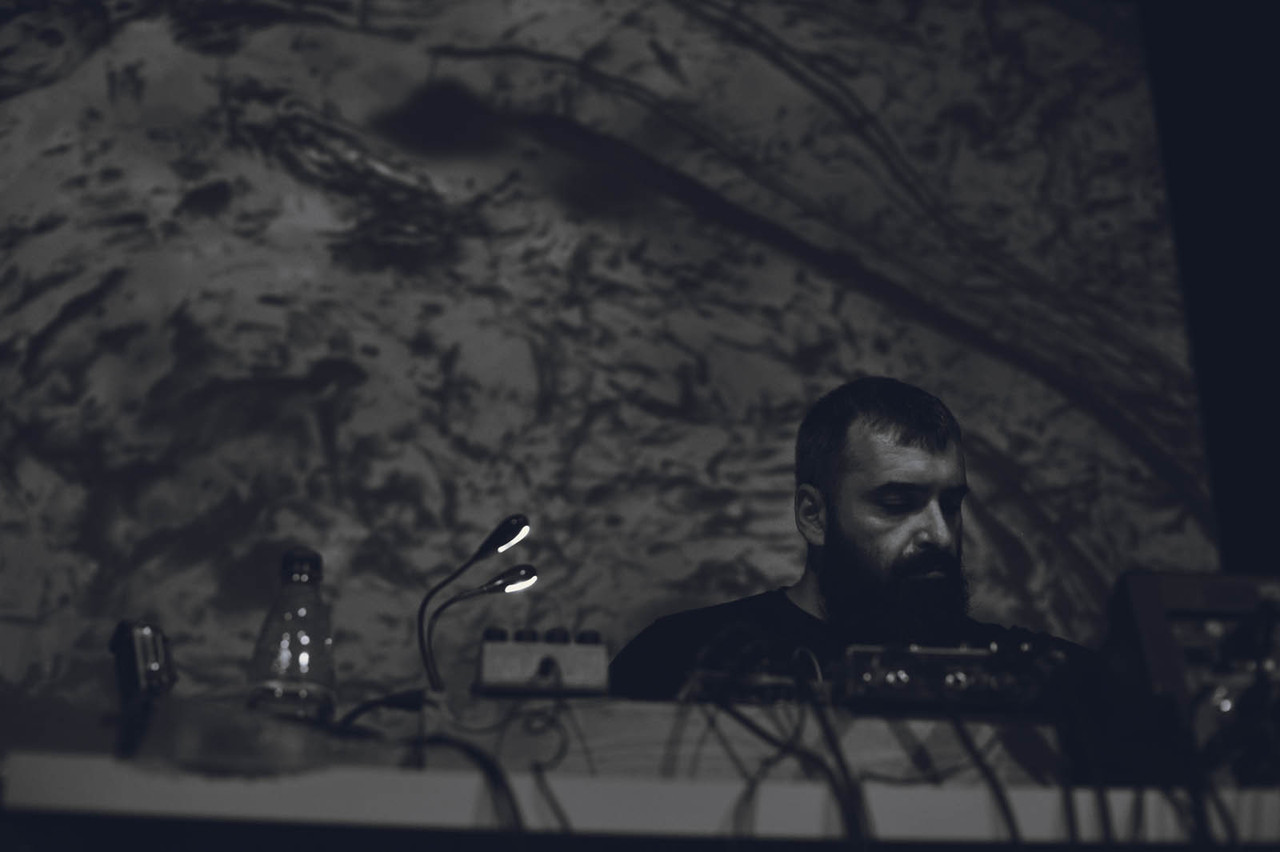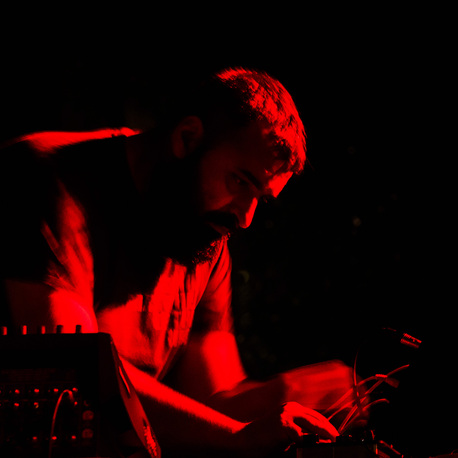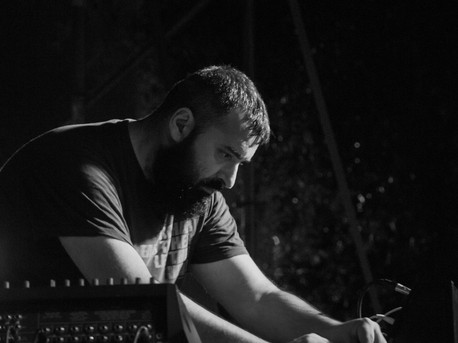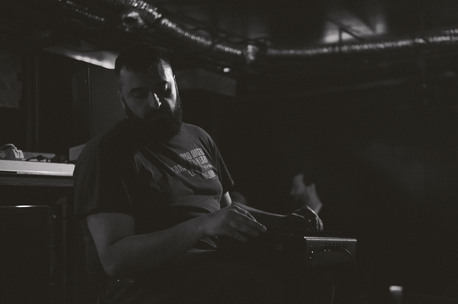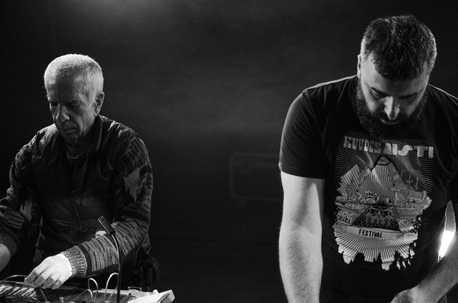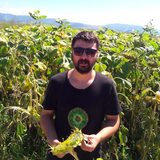Written by:
Share article:
New Geographies
I met Rabih in Berlin for a coffee, a few days after the CTM festival finished. Here's an interview on festival curatorships, the way the new technologies and Internet influence the young generations, musical background, Morphine and much more.
You were one of the curators of this year’s edition of the CTM festival. How long do you know the guys from CTM? Is this your first collaboration?
On this level, like officially and in such an expanded way, yes. I think I met them the first time in 2011. I played the festival and then, somehow, we stayed in touch for other projects. I proposed some artists for the festival in the last editions, and for this one they asked me to join the board.
What did you have to do, as curator of the festival?
I was asked to work the concept of the theme with them, to work the music program - together with them - and a couple of other proposals, such as the installation of Vincent Moon - ‘Rituals’ - and other side projects that I’m involved in. But mainly it was the work on the musical program.
How did you get to this theme (‘new geographies’)? It seems to be a new vibrant interest for the Outernational music and domains.
I think it’s been happening since a while. I don’t quite remember (or know) how it started, but I can guess it’s a bit like the new wave of it, which started with Omar Souleyman some years ago and the attention to the Middle Eastern new pop, let’s call it like this, called into a revival of more Outernational and global sounds after the ‘90s, following Asian Dub Foundation and similar. But then, this period is a bit more expanded, a bit more experimental, there are new technologies, there are new ways of accessing other places music and ideas, and the communication became wider. After some years of this attention, I think there was a need of a more focus on this topic. This is why CTM had in mind to expand and to focus on this kind of sound or vision of music. By working this, we discovered that there were a lot of topics that were almost never covered, that the levels were not only geographically valid, but also gender valid, politically valid and it expanded in a more serious and in a more socio-political way.
Recently, all these events that happened in Paris and in other places, and all this pressure that is surrounding us, politically, maybe even socio-politically, around the world, the oppression of human rights from gay and homosexuals, the refugees, any kind of oppression that is spreading, from religious to sexual, is becoming quite crucial, as a moment. I think by taking a chance of opening a topic like this, CTM had an inevitable approach to also these matters. All the panels were - kind of - guided into that direction. There were panels about gender rights, panels about revolt or revolutionary, or fighters from the Kurdistan area against ISIS, about woman fighters, panels about the interconnections between North African and Arabic music, and many other topics. I think that created awareness within the festival collective, including me. Then, of course, that awareness expanded to the people that were attending the festival. It was no more about music, it was no more about visual art or whatsoever form of artistic expression, all these melted deeply into politics and general politics.
